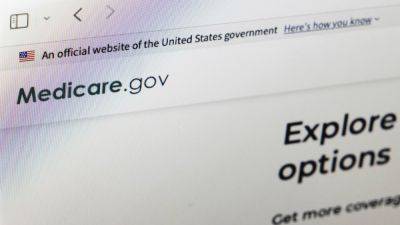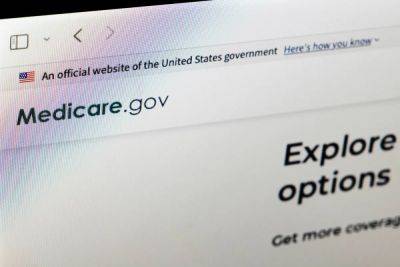To combat misinformation, start with connection, not correction
Misinformation and disinformation can be a threat to our democracy. It can divide communities. It can make it harder for people to make informed choices — at the ballot box, at the grocery store and at the doctor's office.
No one is immune. “We just don't have the time, the cognitive resources or even the motivation to literally fact-check every piece of information that comes our way,” says Briony Swire-Thompson, director of the Psychology of Misinformation Lab at Northeastern University.
People trust information more when it comes from sources or cultural contexts they are familiar with, so talking to your loved ones can make a difference. The big picture idea here? Start from a place of connection, not correction.
Here are six ways to combat misinformation.
1. Consider using the term "rumor" or "misleading content" instead of "misinformation"
"[The terms] mis- and disinformation trigger a sort of reaction, and usually distaste,” says Sarah Nguyễn, a doctoral candidate at the University of Washington who studies how people share information with each other. She says the terms have become politicized.
Nguyễn leads workshops for the Vietnamese community in the Seattle area about how to address problematic information and deepfakes. In the workshops, they try to avoid using those terms altogether, instead opting for “rumors” or “misleading content.”
“What people consider mis- and disinformation can be really different,” says Rachel Kuo, the research facilitator of the Asian American Disinformation Table.
2. Take time to understand why your loved one believes the misleading content
Nguyễn and Kuo both stress the importance of putting aside the idea of intervention to start. Recognize that your friend or family member has







